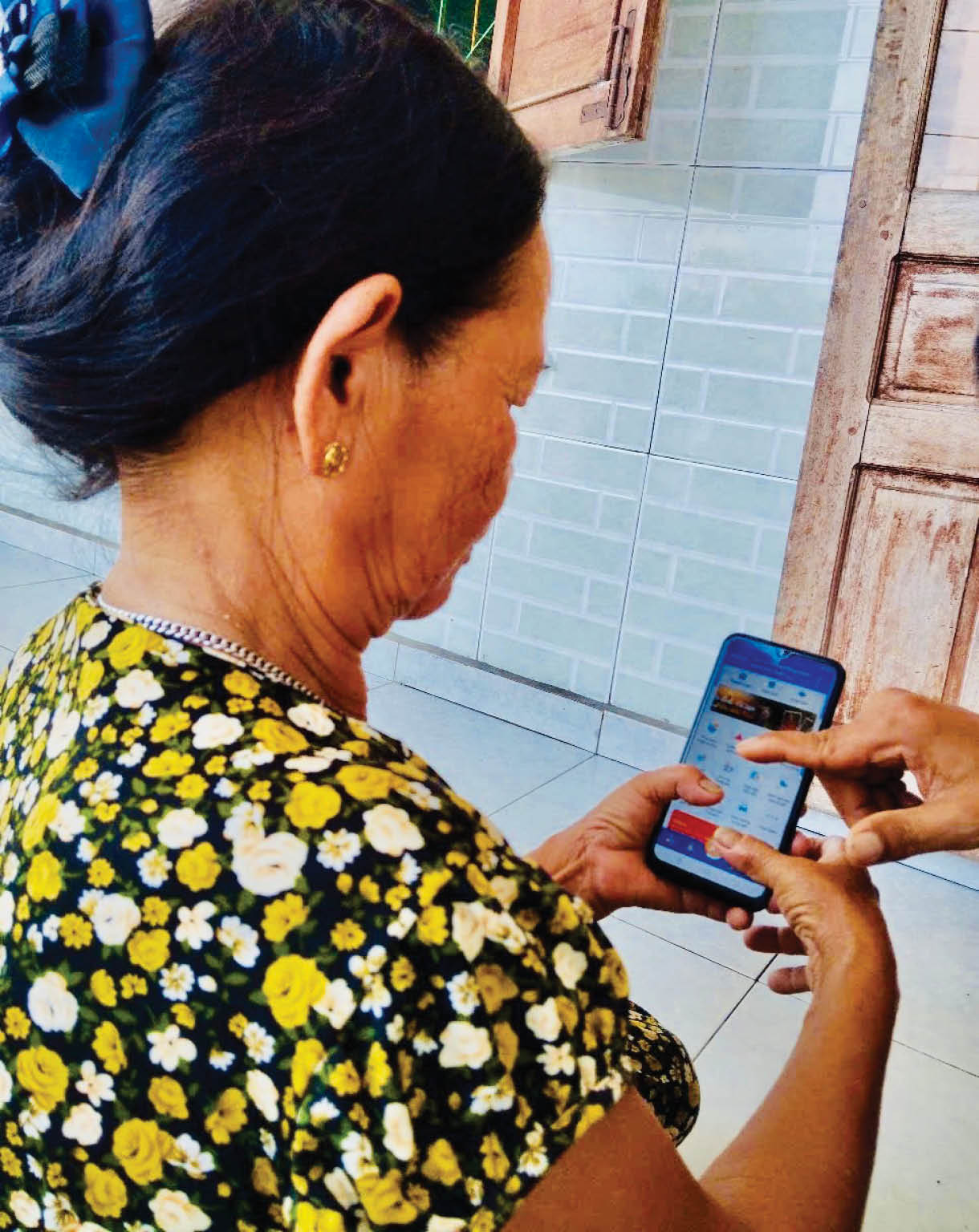 |
| Seniors learn how to access Hue-S. Photo: Van Loc |
It is impossible to digitize society with a “tech-illiterate” community.
The fact that a segment of the population does not know how to use online public services, make electronic payments, or even does not have smart devices… is not just a technical story. It is a manifestation of a digital capacity gap, which if not proactively filled, will gradually form new barriers between population groups: between those who are proficient and those who are left behind.
Recently, from the central to local levels, special attention has been paid to promoting the "Digital Education for the People" movement as a strategic solution to develop digital government, digital economy and digital society in a sustainable manner. In Hue, digital infrastructure has been heavily invested, with the Hue-S platform alone having developed more than 50 functions and more than 20 services, with 1.3 million user accounts.
According to updated data from the Center for Monitoring and Operation of Smart Cities, by 2025, the entire city will have more than 800,000 citizen accounts registered on the Hue-S platform, reaching about 66.6% of the city's population (out of a total of about 1.224 million people). This is a remarkable rate, showing that efforts to spread the digital platform to the people have brought initial results. However, compared to the goal of comprehensive digital transformation, where all citizens are connected, interacted with and benefited from the digital ecosystem, this rate is still a gap that needs to be shortened.
Recently, the City People's Committee assigned the Department of Science and Technology to preside over and advise on organizing the program "Learning about online public services on the Hue-S platform" exclusively for students in the whole area. The goal is for 100% of students to be educated in knowledge and skills in using online public services through short videos, integrated lectures, and interactive quizzes on the Hue-S platform.
Although it has only been deployed for less than a week, as of May 22, 21 universities and colleges in the area have registered to deploy and provide student data. The Hue-S system recorded nearly 17,500 students participating, reaching a rate of nearly 36%. Some units achieved a high rate of over 70% such as the University of Medicine and Pharmacy, Hue University, thereby initially forming the habit of accessing digital policies and proactively using public services in the school environment.
Le Thi Bao Quyen, a student of the Faculty of Journalism and Communication, University of Sciences, Hue University, shared: “After participating in the public service program, I feel very impressed and satisfied. The application helps me better understand how the government provides administrative services to citizens in a transparent, fast and convenient manner. The interface is clear and easy to use, so accessing the administration becomes much easier.”
From movement to sustainable policy
Hue is one of the localities implementing the “Digital Literacy for All” movement with a systematic and practical approach. The city has divided the target groups to design digital skills learning sections on Hue-S, creating conditions for people to learn, interact, and reflect on policies.
In particular, the models of “Digital Family”, “Digital Market”, “Digital Volunteer Team”, “Digital Community Ambassador”... built and deployed by the city are not only for propaganda purposes but also for practical purposes, spreading and maintaining in the long term. Including digital skills in the criteria for evaluating e-citizens; organizing the National Day for Learning Digital Skills (October 10 every year); integrating digital skills content into training courses for cadres, women's union members, farmers, students, etc. shows the determination to make digital transformation a part of life.
In recent days, the city has also implemented guidelines for people to contribute ideas to amend the 2013 Constitution through the VNeID application. Police forces and grassroots working groups have gone to residential groups to support operations, helping people exercise their civil rights in a transparent, fast and modern manner. This is a typical example of digital transformation not only to facilitate administration, but also to democratize the policy-making process.
According to the plan, the launching ceremony of the “Digital Literacy for All” movement is expected to be held in the near future throughout the city, aiming to spread the competitive spirit, encourage and spread digital transformation to villages, especially disadvantaged groups, remote areas. However, for the movement to go further, there needs to be a stable financial mechanism for community classes; a policy to support learning equipment for poor households; and widely honoring typical models to create momentum for spreading. Above all, it is necessary to consider learning digital skills as part of a new social security policy, where no one is left behind in the digitalization journey.
The “Digital Literacy for All” movement is a humane and innovative policy. It not only helps people access technology, but also turns people into the subject of change. In the context of Hue becoming a centrally-governed city, this is the way to create a truly inclusive, digitally democratic and digitally learning society. And if maintained in the right direction, it will become a model that can be replicated nationwide like the “digital literacy” movement did in the past.
Source: https://huengaynay.vn/kinh-te/dua-binh-dan-hoc-vu-so-den-tung-nguoi-dan-154229.html








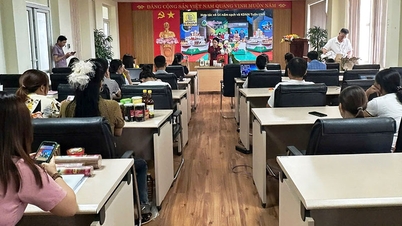

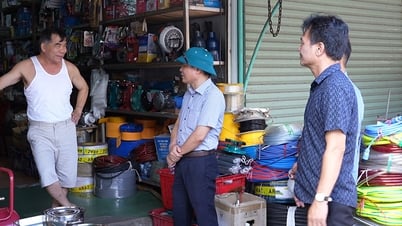
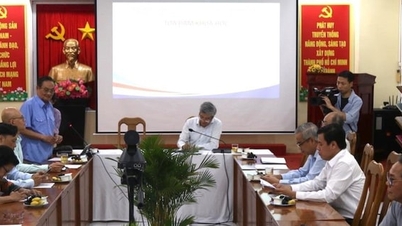



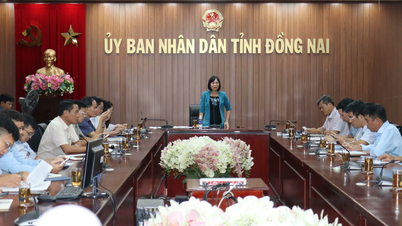

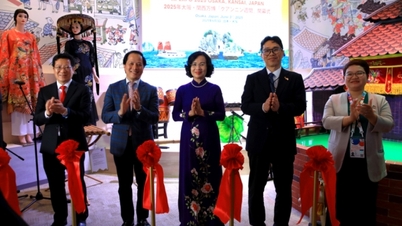





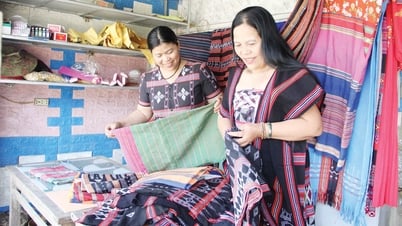

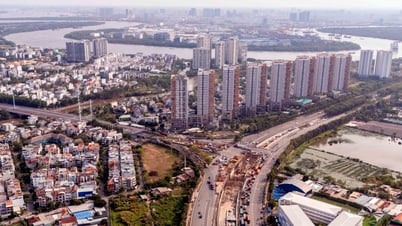
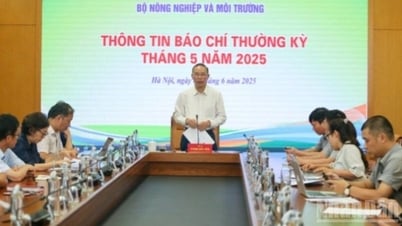

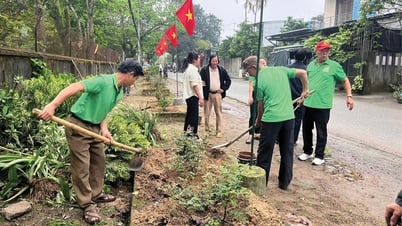

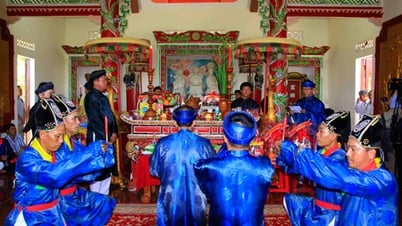

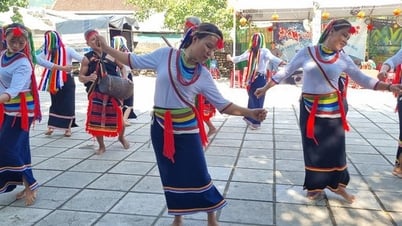



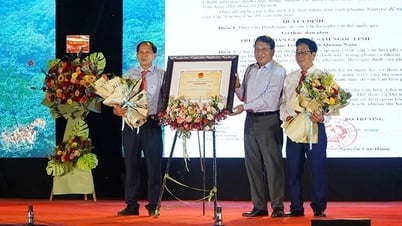





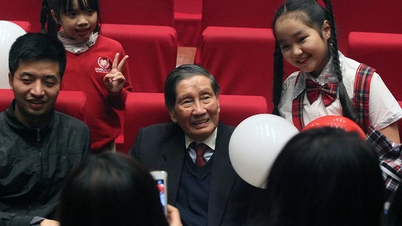








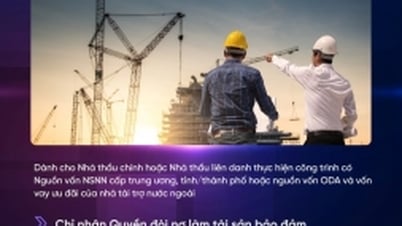

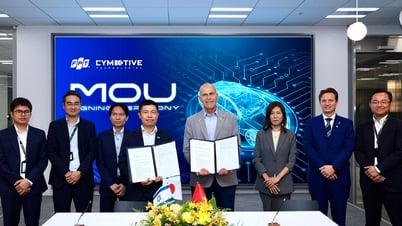
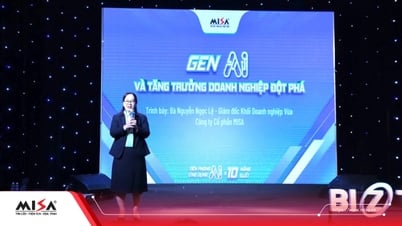



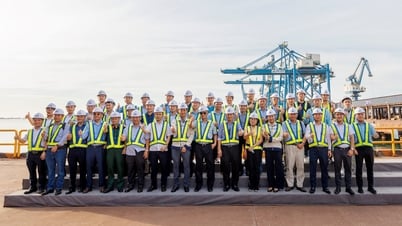

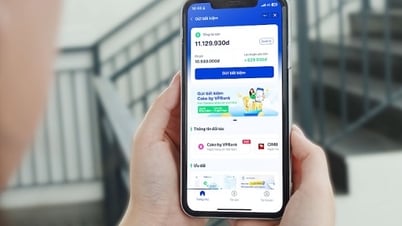

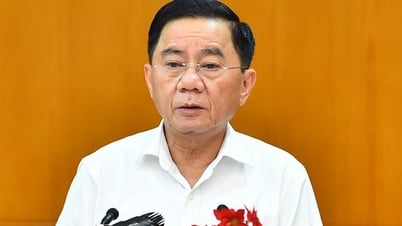

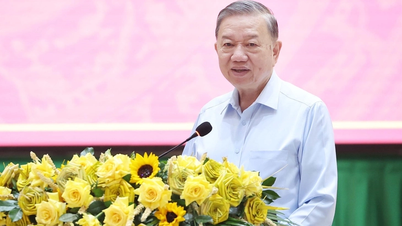


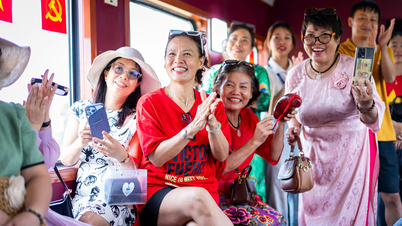




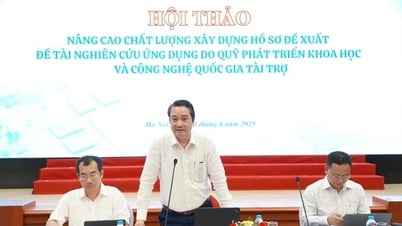

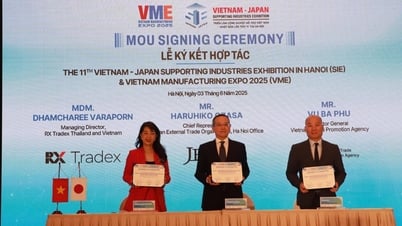


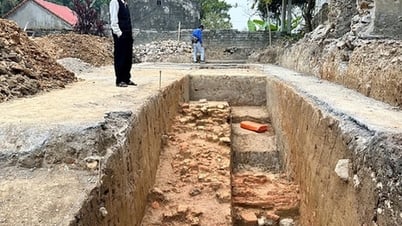
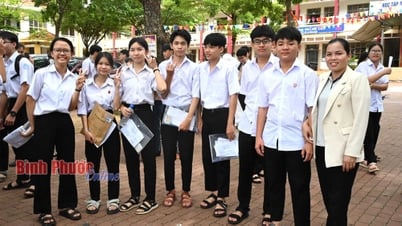

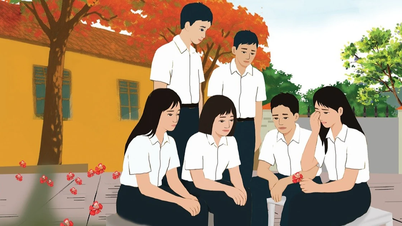

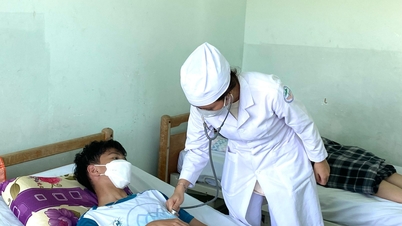

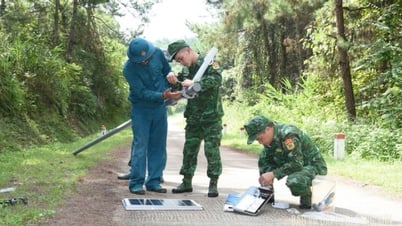















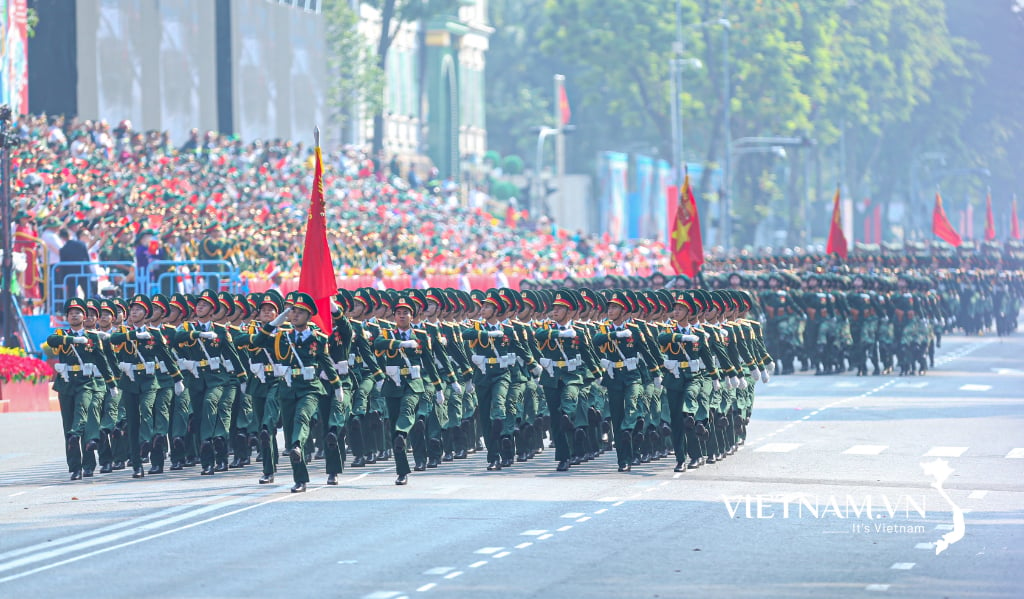
Comment (0)